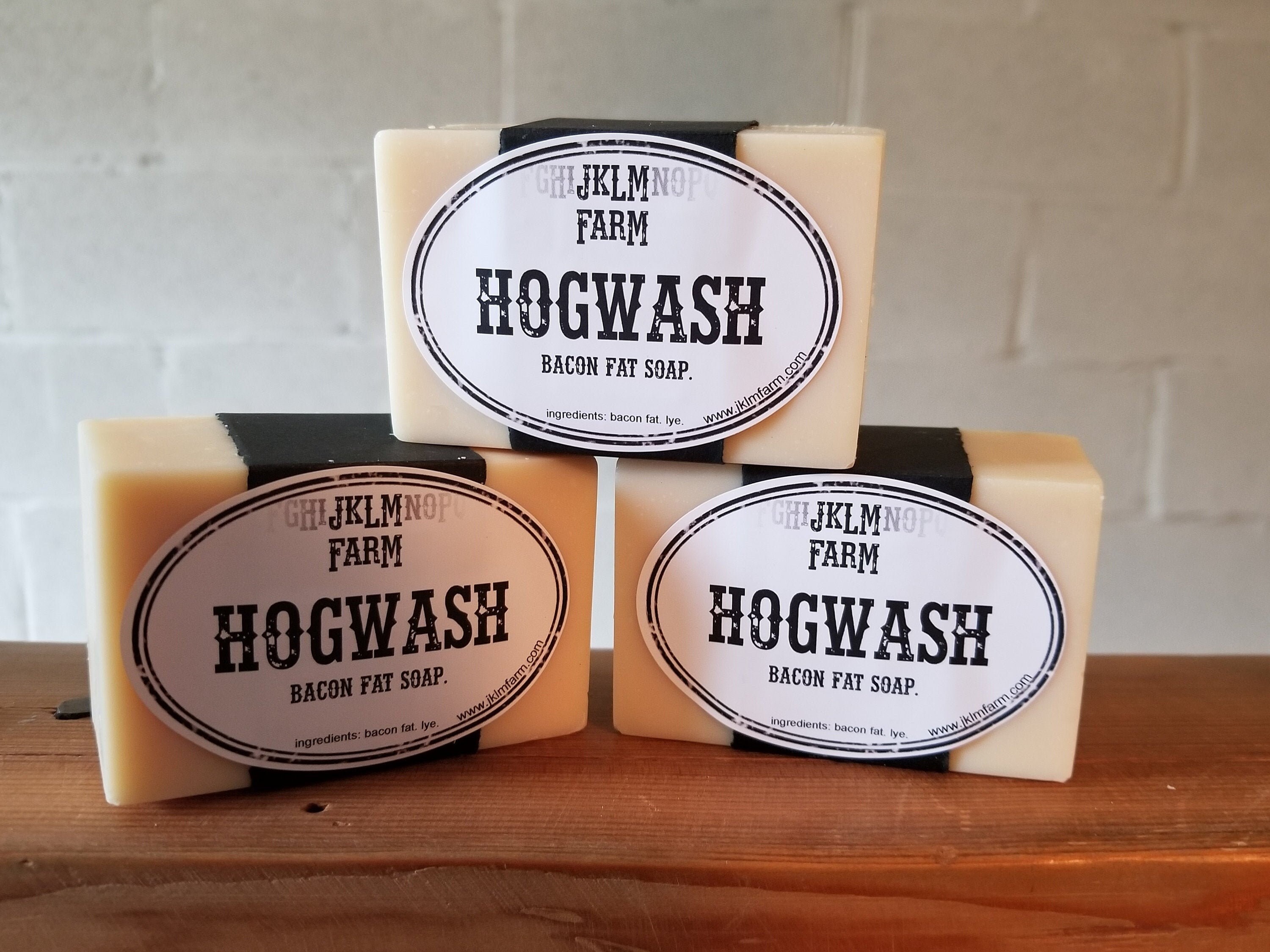

Rubbish is a very widely used slang term in Britain for nonsense-indeed perhaps the single most widely used slang term. It seems to come from the word wallop meaning beer, and cod in the sense of “testicles”-though we are far from certain. There are claims the term originated in the 19 th Century, but there’s no evidence it’s much older than 1959. “I’ve never been able to get into all that, just sounds like codswallop to me,” for example.

It is another term you might use for any kind of nonsense, though particularly with superstitions and even religious beliefs. Our best guess is that it comes from the sense of a jumbled mix of liquors, used in the Early Modern period.Ĭodswallop is another great and quintessentially British slang term for nonsense. Its origin is unknown despite voracious speculation in the 19 th Century. It’s certainly a bit antiquated, but British people love it for that very reason! “This ghost stuff is all balderdash,” for instance. Next we have balderdash, another uniquely British term that is used across the nation to describe all sorts of nonsense.Īgain, this one in particular, has the sense of superstitious nonsense, and of dismissing as silly certain claims about the paranormal. It meant trivial talk at first, and in Britain came to have more the sense of lies, particularly those told actively by a child.

This one actually originated in the U.S., and spread back to Britain in the 19 th Century. “I asked him where he’d been and he fed me a load of poppycock,” for example. It is often used in the sense of telling someone that a story or excuse they’ve given is patently untrue. Poppycock is another great one that is used throughout Britain, though it may be considered somewhat archaic at this point. It derives from the 15 th Century term which referred to slops from kitchen fed to hogs.īy the 18 th Century, it meant in particular, written nonsense, and later expanded to all nonsense. “All this about gnomes and elves is complete hogwash,” for example. Hogwash means a certain kind of nonsense, perhaps some kind of folklore or superstition which is clearly nonsensical to one listener. Next we have hogwash, which, while it has gained some use outside of Britain, it is definitely still a British slang term. It derives from the Old Englishj dreflian, which means to slobber at the nose.īy the 14 th Century, it had taken on the meaning of talking nonsense, deriving from the idea of children talking nonsense and drivel. “What is he going on about? This is complete drivel,” for example. This one means kind of low-grade nonsense, and is particularly used to describe someone who is talking at length without really saying much. First we have a pretty simple and standard British slang term for nonsense: drivel.


 0 kommentar(er)
0 kommentar(er)
